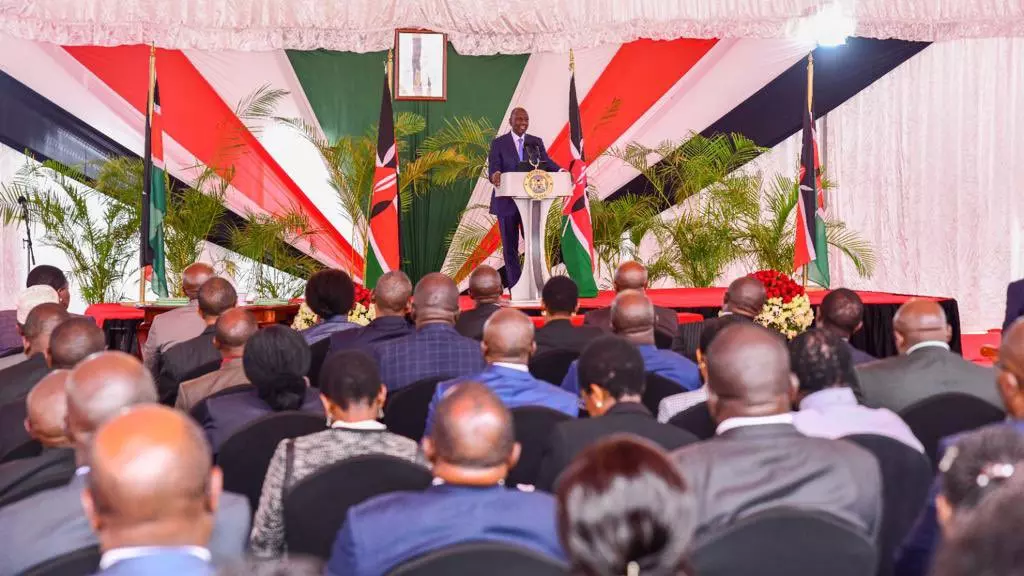Changes in the CBC Education System in Kenya

In a bid to enhance the quality and effectiveness of education in the country, the Presidential Working Party on Education Reforms (PWPER) has recently presented a comprehensive report to President William Ruto, outlining a series of recommendations for changes to the Competency-Based Curriculum (CBC) education system. These proposed adjustments aim to streamline the existing educational framework and create a more focused and career-oriented learning experience for students. We will delve into the key recommendations put forth by the PWPER and explore how these changes could potentially reshape the landscape of education in the country.
Continuation of the 2-6-3-3-3 System
One of the foundational aspects of the PWPER's recommendations is the endorsement of the 2-6-3-3-3 system of education, which entails two years of pre-primary education, six years of primary education, three years of junior school, three years of senior school, and three years of tertiary education. This system provides a well-structured and balanced approach to education, facilitating a seamless transition from one level to the next.Transformation of Junior Secondary School
Under the proposed changes, the current Junior Secondary School will be rebranded as the "Junior School" and will become an integral part of the Comprehensive School. This integration aims to create a more cohesive educational environment that spans pre-primary, primary, and junior school levels. The Comprehensive School will be led by a single head of institution, supported by three deputy principals, each overseeing the pre-primary, primary, and junior school levels respectively. This organizational structure seeks to foster collaboration and alignment among different levels of education.
Transition to Senior School Based on Career Paths
The PWPER recommendations envision a shift away from the conventional concept of "secondary" education. Instead, the term "Senior School" will be adopted, reflecting a more specialized and career-focused approach. Senior School will be categorized based on distinct career paths, such as STEM (Science, Technology, Engineering, and Mathematics), Social Sciences, and Arts & Sports Science. This transformation is poised to empower students by providing them with specialized education that aligns with their interests and aspirations.
Streamlining of Subjects
A significant aspect of the proposed changes involves a reduction in the number of subjects across various levels of education. Junior secondary students will experience a decrease from the current 14 subjects to 9 subjects, while upper primary, lower primary, and pre-primary levels will have a maximum of 8, 7, and 5 subjects respectively. This reduction aims to optimize learning outcomes by allowing students to focus more deeply on core concepts and skills, fostering a deeper understanding of the material.
Incorporation of Community Service
In a bid to instill a sense of social responsibility and civic engagement, the PWPER recommends the inclusion of community service as an integral component of the education system. Under this proposal, students will engage in 12 months of community service, with a three-month commitment following the completion of Senior School and a nine-month engagement after clearing tertiary institutions. This community service initiative aims to nurture well-rounded individuals who are not only academically proficient but also actively contribute to the betterment of society.
The recommendations put forth by the Presidential Working Party on Education Reforms present a transformative vision for the future of education in the country. By advocating for the continuation of the 2-6-3-3-3 system, integrating the Junior School into the Comprehensive School, tailoring Senior School education to specific career paths, streamlining subjects, and incorporating community service, the proposed changes aim to create a more holistic and purpose-driven learning experience for students. As these recommendations are considered and potentially implemented, they hold the promise of shaping a generation of individuals who are not only equipped with academic knowledge but are also prepared to make meaningful contributions to society at large.
